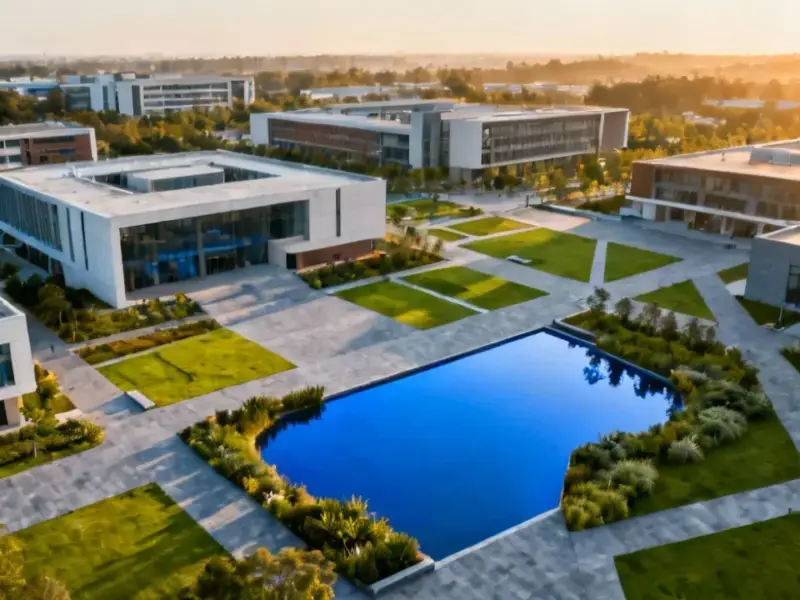According to DIGITIMES, Wistron has launched the Wistron Computing Power Donation Program pledging to donate 1 million GPU hours annually starting in 2026. The program, initiated in partnership with Epoch Foundation’s Garage+, will provide selected startups and academic institutions with between 5,000 and 35,000 GPU hours each for six-month periods to train AI models and conduct simulations. Applications open November 3, 2025 and close December 12, 2025, with selected candidates announced in early January 2026. Chairman Simon Lin emphasized that computing power costs remain a major barrier for innovators, positioning this as an effort to create positive social impact through technology.
The Hidden Business Model Behind the Generosity
While framed as corporate social responsibility, this initiative represents a sophisticated business development strategy. Wistron, traditionally known for electronics manufacturing, is strategically positioning itself at the center of Taiwan’s emerging AI ecosystem. By providing access to scarce GPU resources, they’re essentially creating a talent and technology pipeline that could yield significant future returns. The partnership with Garage+ is particularly telling—this isn’t just about giving away compute power, but about identifying and nurturing the most promising AI ventures early in their lifecycle.
Strategic Positioning in the AI Arms Race
Wistron’s move comes at a critical moment in the global AI infrastructure race. With companies like NVIDIA dominating the hardware market and cloud providers like AWS, Google Cloud, and Microsoft Azure controlling access to scalable compute, manufacturing companies risk being relegated to commodity suppliers. This program represents Wistron’s attempt to move up the value chain by becoming an ecosystem enabler rather than just a hardware producer. The timing is strategic—2026 gives them a full year to build relationships before the program even begins, positioning them ahead of competitors who might follow similar strategies.
Future Revenue Streams and Market Opportunities
The financial implications extend far beyond the immediate cost of donated GPU hours. Successful startups nurtured through this program will naturally gravitate toward Wistron for future manufacturing needs, consulting services, or even potential equity investments. More importantly, Wistron gains invaluable insight into emerging AI applications and use cases that could inform their own product development and manufacturing strategies. This positions them to anticipate market demands and potentially develop specialized hardware or services tailored to the needs of tomorrow’s AI companies.
Taiwan’s Broader AI Ambitions
This initiative aligns with Taiwan’s broader strategy to maintain its technological relevance amid shifting global supply chains and geopolitical tensions. As China develops its own AI capabilities and the US restricts certain technology exports, Taiwan needs to cultivate homegrown AI innovation. Wistron’s program effectively subsidizes the development of Taiwan’s AI ecosystem while creating a magnet for international talent. The inclusion of both domestic and international applicants suggests they’re aiming to position Taiwan as a global AI hub, not just a regional player.
The Compute-as-Currency Paradigm
Wistron’s move reflects a broader industry trend where access to computing power is becoming a form of strategic currency. Similar to how cloud providers offer credits to startups, Wistron is using GPU access as a relationship-building tool and market intelligence mechanism. The key difference is that as a manufacturer, they can potentially offer integrated solutions combining hardware, software, and manufacturing expertise. This creates a compelling value proposition that pure cloud providers or hardware manufacturers alone cannot match.




